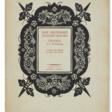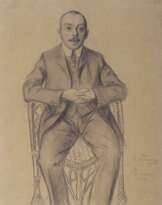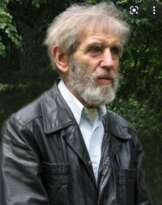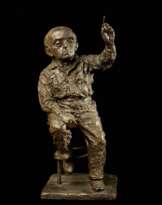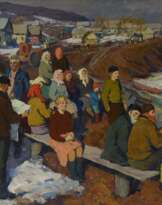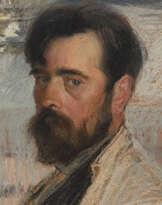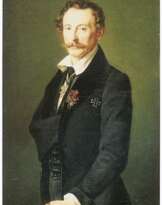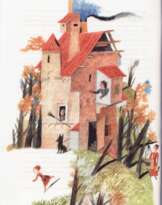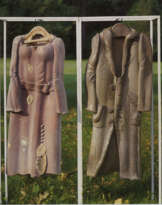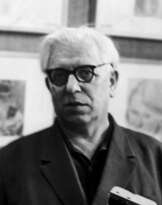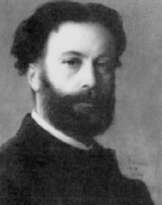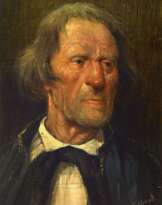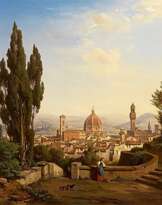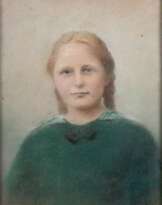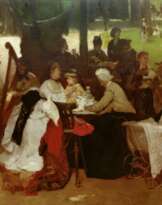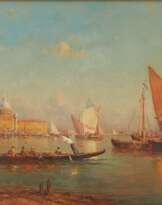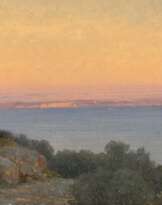Aleksandr Sergeevich Pushkin (1799 - 1837)
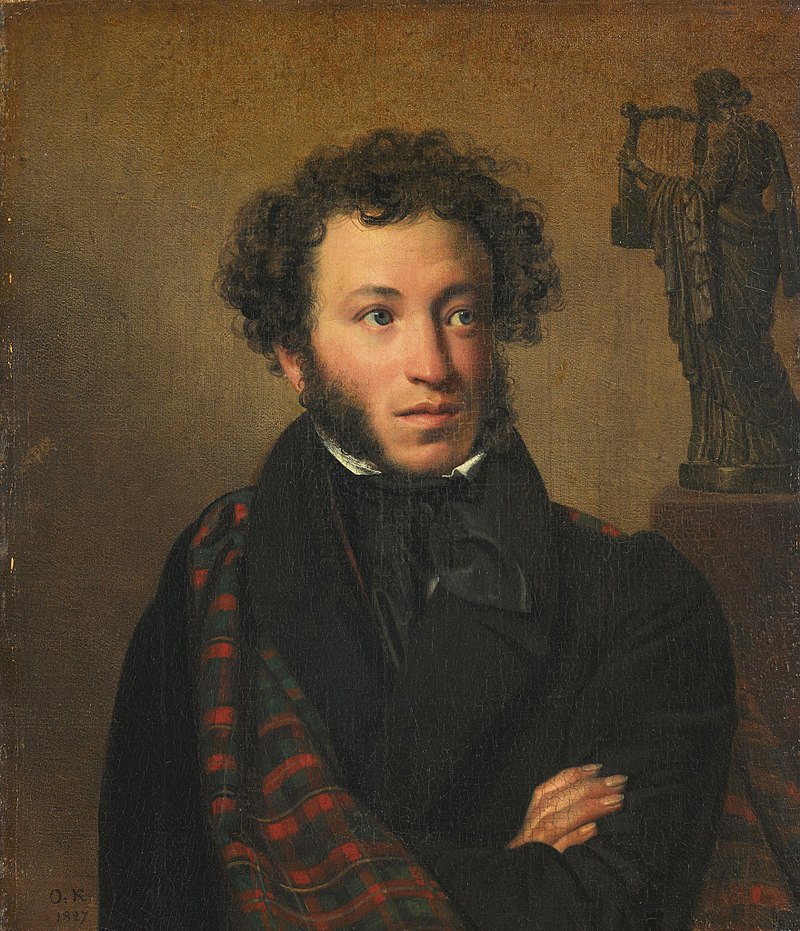
Aleksandr Sergeevich Pushkin
Aleksandr Sergeevich Pushkin (Russian Александр Сергеевич Пушкин) was a Russian poet, playwright and prose writer who laid the foundations of the Russian realist movement, literary critic and literary theorist, historian, publicist and journalist.
Pushkin was born in Moscow into an aristocratic family. From childhood he showed a unique literary talent and passion for words. His first poems were written in his school years, and since then his path became inseparable from the world of literature.
One of Pushkin's most famous works is Eugene Onegin, a magnificent novel in verse that plumbs the depths of the human soul and explores many themes such as love, friendship, art and society. In this work, Pushkin created an unrivaled image of the Russian aristocrat and poet, Eugene Onegin. Pushkin was also a master of lyric poetry, writing many ineffably beautiful poems that expressed the feelings and emotions of people in a variety of situations. His poems about love, nature and homeland remain eternal and inspire new generations of poets.
Aleksandr Sergeevich Pushkin was a Russian poet, playwright and was also a public figure and a man with a wide outlook. He published articles in which he expressed his opinion on social and political issues of his time. His passion for freedom and justice was always evident in his works and in his life.
Aleksandr Sergeevich Pushkin died on February 10, 1837 as a result of a duel, but his work remains alive and eternal. His literary legacy has left an indelible mark on world literature, and his work continues to inspire fans around the world.
| Date and place of birt: | 6 june 1799, Moscow, Russia |
|---|---|
| Date and place of death: | 10 february 1837, St. Petersburg, Russia |
| Nationality: | Russia, Russian Empire |
| Period of activity: | XIX century |
| Specialization: | Critic, Graphic artist, Historian, Journalist, Poet, Publicist, Writer |
| Genre: | Fabulous epic genre, History painting |
| Art style: | Realism, Romanticism |
